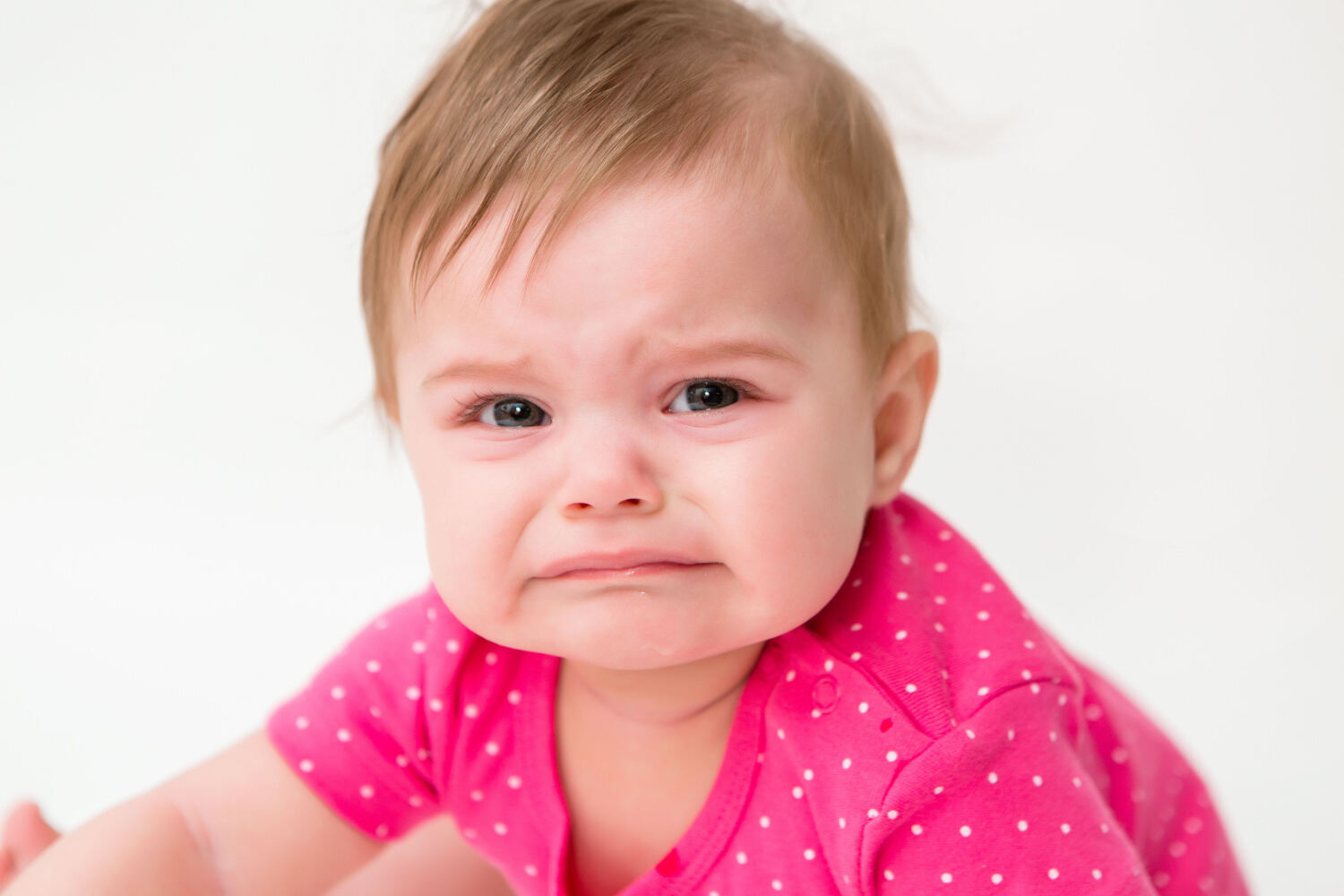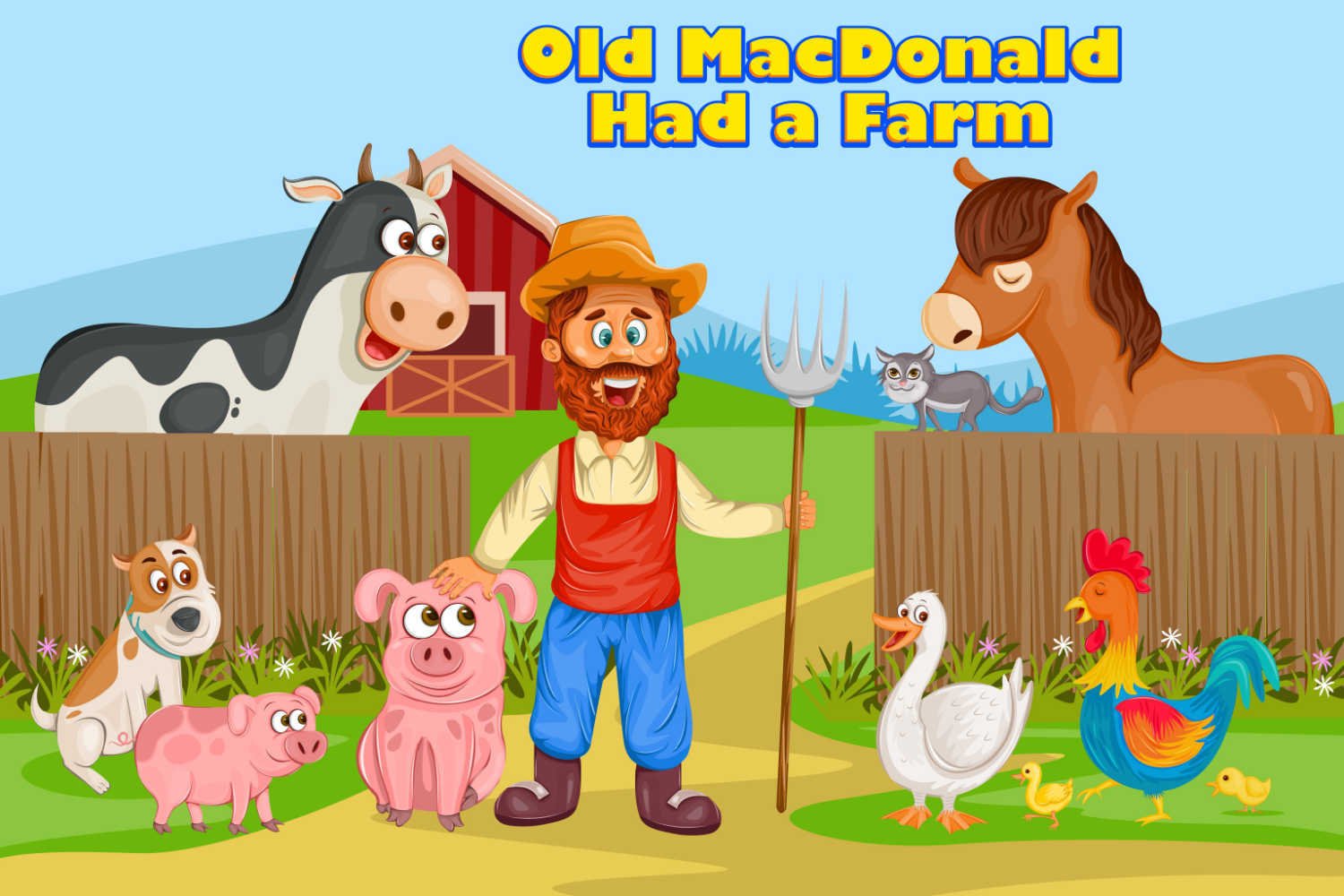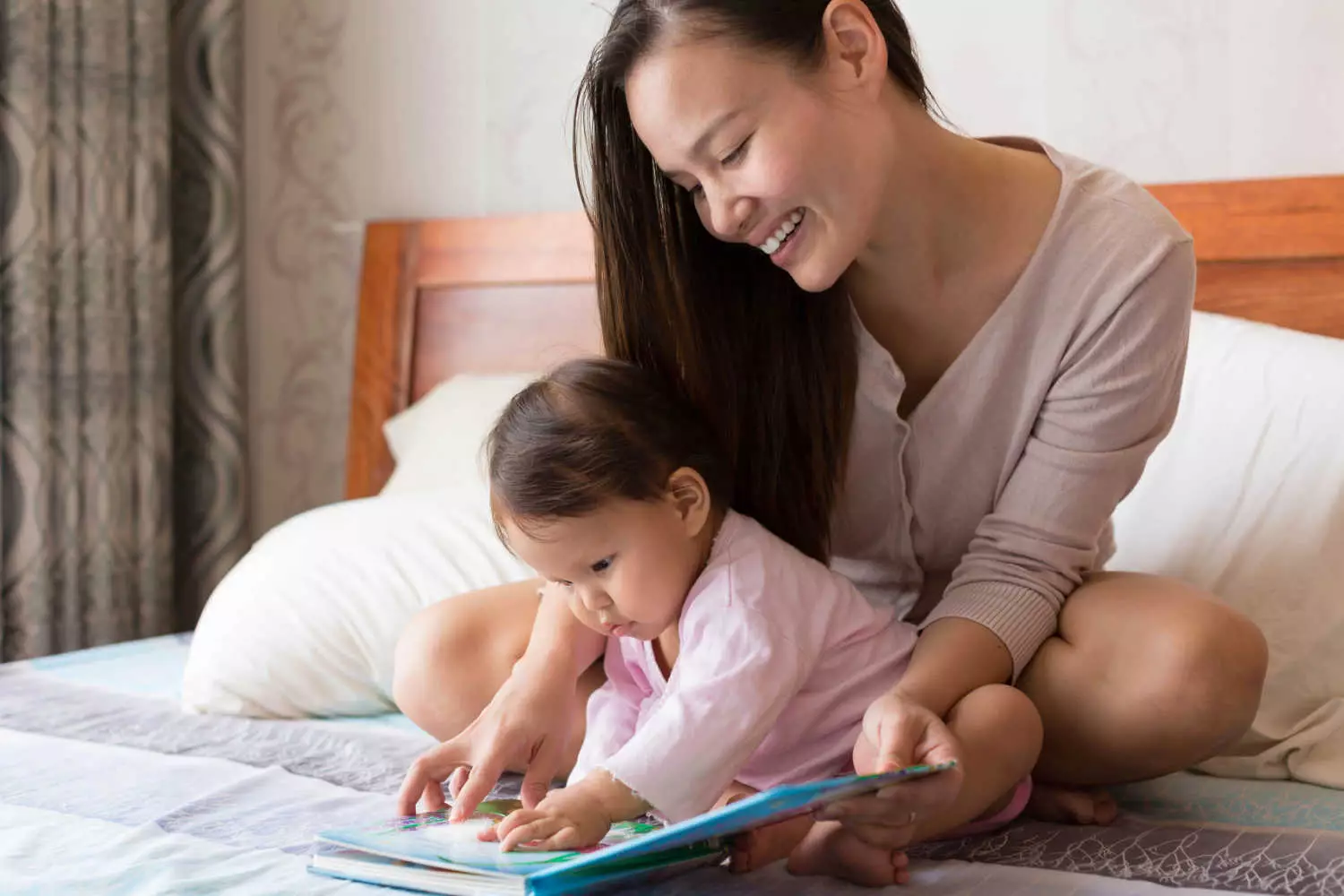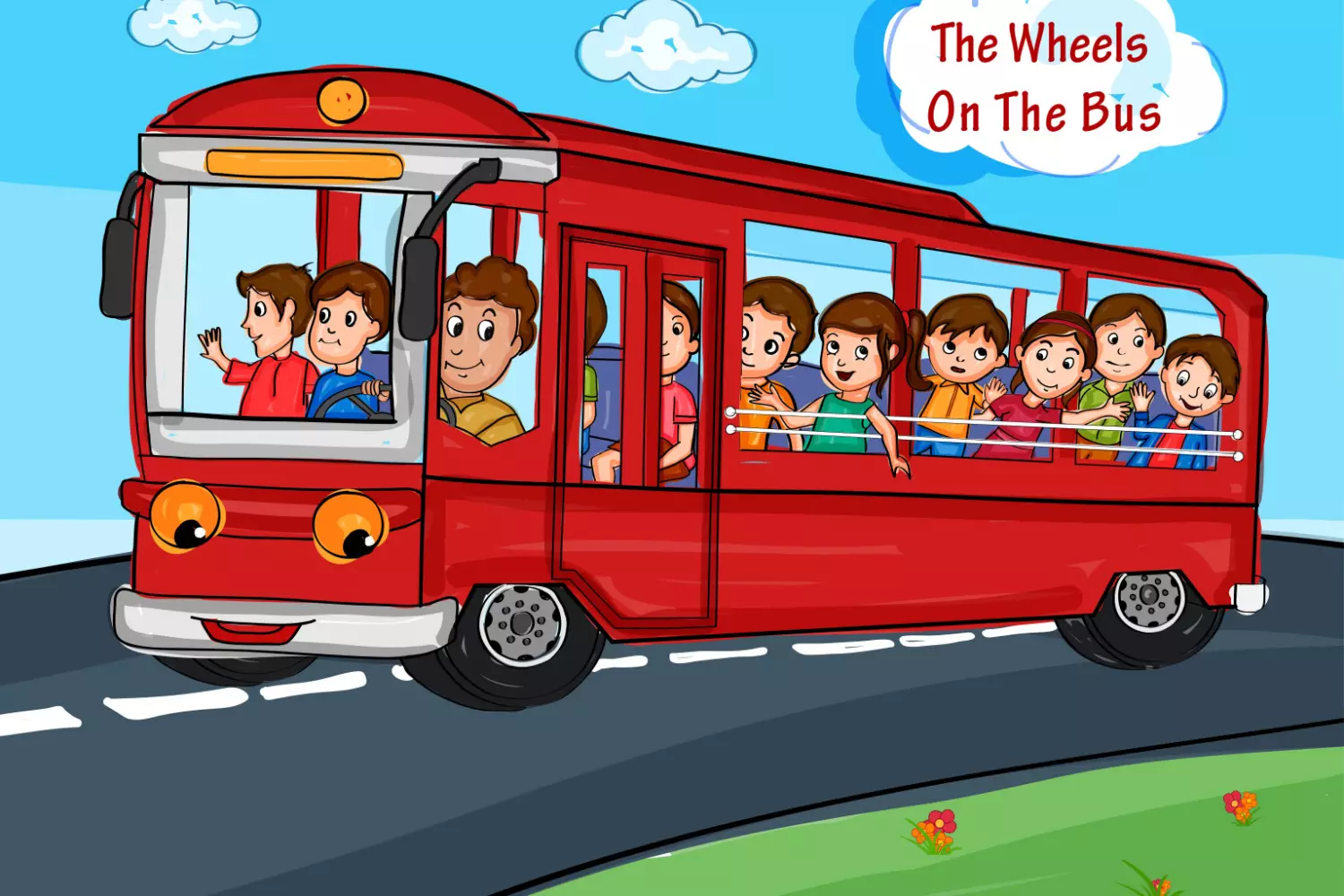
Dealing With Febrile Convulsions In Babies
6 min readWritten by Editorial Team


If you are reading this, it means that either your kid is having convulsions and you are really worried about it, or you have heard about it and are curious to know what it is all about. Then let us tell you right off the bat that what your infant is going through is not anything out of the ordinary, to begin with. Also, it is not that hard to deal with febrile convulsions in babies.
This issue is rather frequent in newborns, babies, and toddlers. A febrile convulsion is a seizure that is brought on by a fever. Despite the fact that it may appear frightening, you should try to keep your composure and get medical assistance as soon as possible.
In This Article
- What Are Febrile Convulsions?
- Causes Of Febrile Convulsions
- How Vulnerable is Your Baby to Febrile Convulsions?
- How Is Febrile Convulsions Diagnosed?
- What Happens During The Convulsions?
- What Can You Do While Your Baby Goes Through the Convulsions?
- Can Febrile Convulsions In Babies Happen Again?
- How Can Febrile Convulsions In Babies Be Treated?
- When Should You Consider To See A Doctor?
- FAQ’s
What Are Febrile Convulsions?
If you have a child between the age of 6 months and 5 years, a fever may cause a febrile seizure that lasts for a few seconds, or a really long 15 minutes or so. When the baby has a febrile seizure, they may vomit, and limbs may appear stiff. You may also observe your baby rolling their eyes and twitching their body.
Once the seizure is over, your baby may appear drowsy, or may just seem normal. Sometimes, a baby may lose consciousness as well. In any case, febrile convulsions are harmless, but can be a traumatizing experience for you as well as your child.
Causes Of Febrile Convulsions

These convulsions are usually caused by a fever or a severe viral infection. Most of the time it happens due to the sudden rise in your baby’s body temperature due to a high fever, to the tune of 102 degrees. The researched percentage shows that one out of 30 babies experience these convulsions while others simply do away with minor discomfort in their bodies when having a fever.
Though the primary cause of febrile convulsions is high fever, it is not about how high the temperature is but about the fact that it rises suddenly. It is also important to note that these convulsions do not affect your baby’s brain. Cases in which convulsions have even lasted more than an hour have shown no signs of brain damage.
How Vulnerable is Your Baby to Febrile Convulsions?

Well, as said before the statistics state that one out of every 30 babies has the chance of getting these convulsions. It mostly happens in babies and kids of 6 months to 5 years. If there is a history of febrile convulsions in babies in your family, then chances are that your baby will experience it too.
How Is Febrile Convulsions Diagnosed?
Usually, before seizures are diagnosed as febrile all other possibilities have to be ruled out. A fever may produce seizures in babies who have previously had a febrile seizure. Such episodes are not referred to as febrile seizures since these babies already have a proclivity for seizures.
Routine testing is not necessary for uncomplicated febrile seizures, other than to determine the source of the fever. But testing should be performed if the babies exhibit complex febrile seizures, neurologic impairments, or symptoms of a significant underlying condition (eg, meningitis, metabolic abnormalities).
The following clinical tests are used to rule out other disorders:
- CSF analysis is performed to rule out meningitis and encephalitis.
- To rule out metabolic problems, serum glucose, sodium, calcium, magnesium, and phosphorus levels are measured, as well as liver and kidney function tests.
- If a neurologic examination reveals localized abnormalities, a brain MRI is performed.
- When febrile seizures exhibit focal characteristics or are recurrent, electroencephalography (EEG) is performed.
If a kid has an already recognized developmental or neurologic condition, a diagnostic examination based on the underlying disorder is performed (usually, the term febrile seizure is not used in such cases).
EEG does not often reveal particular abnormalities or aid in the prediction of recurring seizures, and it is not indicated after a first uncomplicated febrile seizure in children with a normal neurologic examination.
What Happens During The Convulsions?
Chances are that your baby will lose consciousness for a while, you will see their muscles jerking or their body stiffening and in some severe cases, the baby’s face may even turn blue. We know these are horrifying signs, but the good news is, they will pass.
The convulsions may last for several minutes and after it passes your baby will mostly sleep for hours to relax its body after all of the heavy muscle jerks and stiffening.
What Can You Do While Your Baby Goes Through the Convulsions?

The truth is neither can you do much to prevent these convulsions, nor can you do much to stop them. You should never try to bring down the fever by sponging the child or by giving any medicine unless prescribed by a doctor.
Still, here are a few important things you can follow:
a. Remain Calm
It is you who have to take your baby to medical help and help him through it so you have to try your best not to panic and deal with the situation strongly.
- Put your baby on a soft surface
- Lay him on his side/back
b. Stay Away From Myths
It is a common myth that while such convulsions occur, you should put a finger in your baby’s mouth to keep their jaw from stiffening. Don’t do it. Don’t put anything in his mouth
Another myth is that, since it is happening due to fever, you should put your baby’s head under the tap water for the temperature to run down. Never do that without a doctor’s advice
c. Duration
Observe the duration of convulsions, keeping track of how long the convulsions last. Any convulsion that lasts longer than 3 minutes would need medical attention
d. Loosen The Baby’s Clothes
If your baby is wearing tight clothes, loosen them up
If the convulsions last less than 3 minutes, you can wipe the drool and the vomit, and seek medical advice, regardless of how short the convulsion was. The convulsions usually stop after a minute or so, if it continues for more than 3 minutes call up the emergency helpline.
Can Febrile Convulsions In Babies Happen Again?

Yes, it is likely that it might happen again. Not necessarily in the same illness though. So, usually, you have time for taking advice from your doctor. By the time your baby turns 5 years, the convulsions will have subsided and will not happen anymore.
If your baby is having a second convulsion in the same illness, then you should definitely consult a doctor. It is important to find the cause of the fever which is causing it in the first place. Chances are that the fever is due to a serious illness. Also, if you find your baby having a second convulsion before the first one ends, you should seek medical help immediately.
How Can Febrile Convulsions In Babies Be Treated?
If febrile convulsions in babies last 1-2 minutes, there is no need for any treatment. If they last for 10 minutes or more there is a specific medicine ‘Midalzolam’ to calm down your baby and release his muscle tension. The baby may also be given acetaminophen or ibuprofen to bring down the medicine.
Never, ever give your child aspirin, as it can cause a serious condition called the Reyes syndrome. However, never administer any medicine without first consulting your child’s pediatrician.
When Should You Consider To See A Doctor?
Call for immediate medical assistance for febrile convulsions in babies if:
- The duration of your child’s febrile seizure exceeds five minutes.
- Your youngster experiences many seizures.
- The duration of your baby’s seizure was shorter than five minutes, yet he or she is not recuperating rapidly.
Febrile convulsions can really scare you, but they are nothing to worry about. Just keep yourself calm, observe your baby while it happens and seek medical help if they last for much time.
FAQ’s
1. What Age Do Febrile Convulsions Start?
Febrile convulsions often occur between 6 months and 3 years of age.
2. What Age Do Febrile Seizures Stop?
By the age of 6, most children usually outgrew febrile seizures.
3. Do Babies Cry During Febrile Seizures?
The child may cry out or moan at the onset of febrile convulsions
4. Can Febrile Seizures Happen During Sleep?
A seizure caused by a fever could happen at night while you and your child are sleeping. Since short febrile seizures don’t hurt, it’s not important if you miss one. You would not miss, however, if your baby has a long febrile seizure. It will definitely wake you up.

Editorial Team,
With a rich experience in pregnancy and parenting, our team of experts create insightful, well-curated, and easy-to-read content for our to-be-parents and parents at all stages of parenting.Read more.
Responses (0)
Want curated content sharply tailored for your exact stage of parenting?
Sponsored content
Discover great local businesses around you for your kids.
Get regular updates, great recommendations and other right stuff at the right time.











